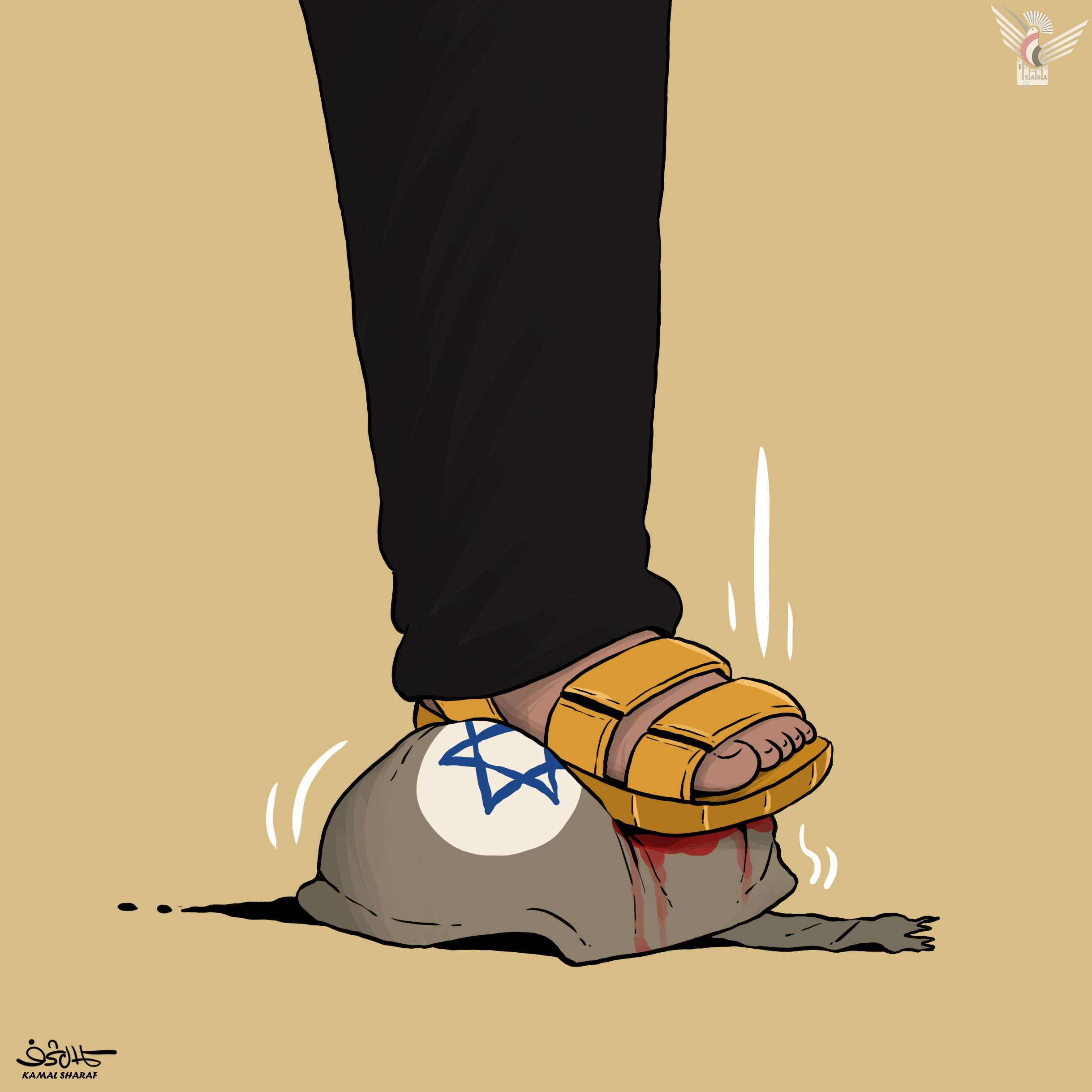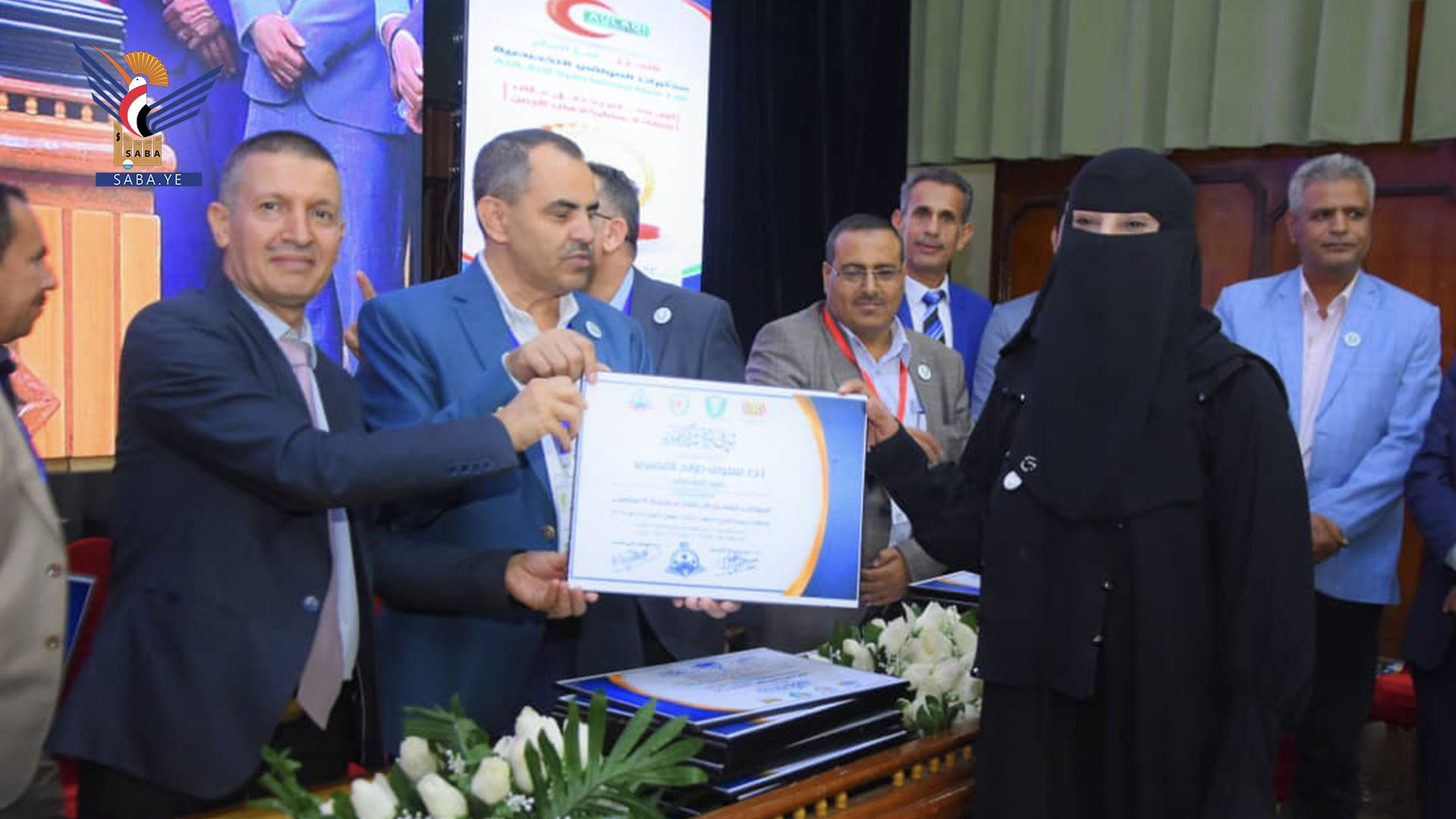Sana’a - SABA
Participants in the Ninth Scientific Conference of the University of September 21 for Medical and Applied Sciences, held to discuss the graduation research of the third cohort from the Faculty of Medicine and Surgery, recommended adopting all points and observations raised by the committees—particularly regarding formal and substantive revisions to the research.
The conference, organized by the university’s Faculty of Medicine over three days, concluded with several key recommendations. These included the necessity for research supervisors in academic departments to be academically competent, hold the appropriate qualifications, commit to academic standards, and have published at least one research paper. Supervisors should also have completed training in the SPSS statistical analysis system.
The recommendations stressed that all research proposals from the Community Medicine Department must be submitted to the College Council after title discussions and approval—ensuring the department leads the research process in coordination with academic affairs.
The participants also emphasized the need for a publication mechanism, requiring each department to publish at least one paper from the research it supervised, either in the university journal or in peer-reviewed international journals. Research should be distributed among departments proportionally based on each department’s size and teaching hours—on a mandatory basis.
Some research findings—such as the dermatology study on the spread of visceral leishmaniasis and a statistical paper on blood donation and hepatitis B and C prevalence—should be delivered to relevant authorities as crucial data for future health planning.
The recommendations further stressed the need to compile all research from the first, second, and third graduating classes into a unified research guide available on the university’s website for reference. They also called for issuing letters of appreciation to hospitals and research centers that cooperated with students.
At the conference’s closing session, University President Dr. Mujahid Maasir praised everyone who contributed to the success of the ninth scientific conference—committee members, faculty leadership, teaching staff, participating students, and organizers—recognizing their efforts in presenting a scientific event befitting the university’s stature and mission.
He congratulated the doctors and interns from the third cohort, noting that the scientific discussions during the conference addressed significant health issues with carefully studied solutions, supervised by a group of academics and consultants from inside and outside Yemen.
Dr. Maasir emphasized the importance of this research in promoting a culture of scientific inquiry among students, motivating them to excel in their projects, and fostering academic interaction between students and supervisors to improve medical education and training quality.
Vice Deans of the Faculty of Medicine, Dr. Mohammed Al-Iryani (Academic Affairs) and Dr. Ahmed bin Mubarak (Student Affairs), stated that over the three-day conference, 37 research projects by 500 male and female doctors from the third graduating class were reviewed, supervised by more than 60 faculty members. The topics spanned surgery, internal medicine, pediatrics, obstetrics, and gynecology.
They pointed out that these studies were the result of six years of hard work and dedication, culminating in quality graduation research guided by medical and community health experts, which produced concrete findings and recommendations to address patient health challenges.
Al-Iryani and bin Mubarak stressed that such conferences reflect the university’s commitment to promoting scientific research, encouraging innovation and student initiatives, and bridging academic outputs with real-world needs by addressing relevant scientific and practical issues. This reinforces the university’s position as a leading academic institution contributing to the advancement of education and research in Yemen.
At the conclusion of the conference, and in the presence of university vice presidents—Dr. Muti’ Abu Ureij (Academic Affairs), Dr. Salim Al-Riyashi (Postgraduate Studies), Dr. Jameel Mujalli (Student Affairs), along with Dr. Salwa Al-Ghumairi (Dean of the Faculty of Medicine), and University Secretary-General Abdul Karim Al-Akhaly—certificates of appreciation were presented to the university president, vice presidents, college leadership, scientific and preparatory committees, and academic supervisors.
On the sidelines of the conference, a special exhibition was held to showcase the research groups’ work, illustrating the steps and procedures involved in completing the projects and providing explanations for visitors.

| more of (Local) |




